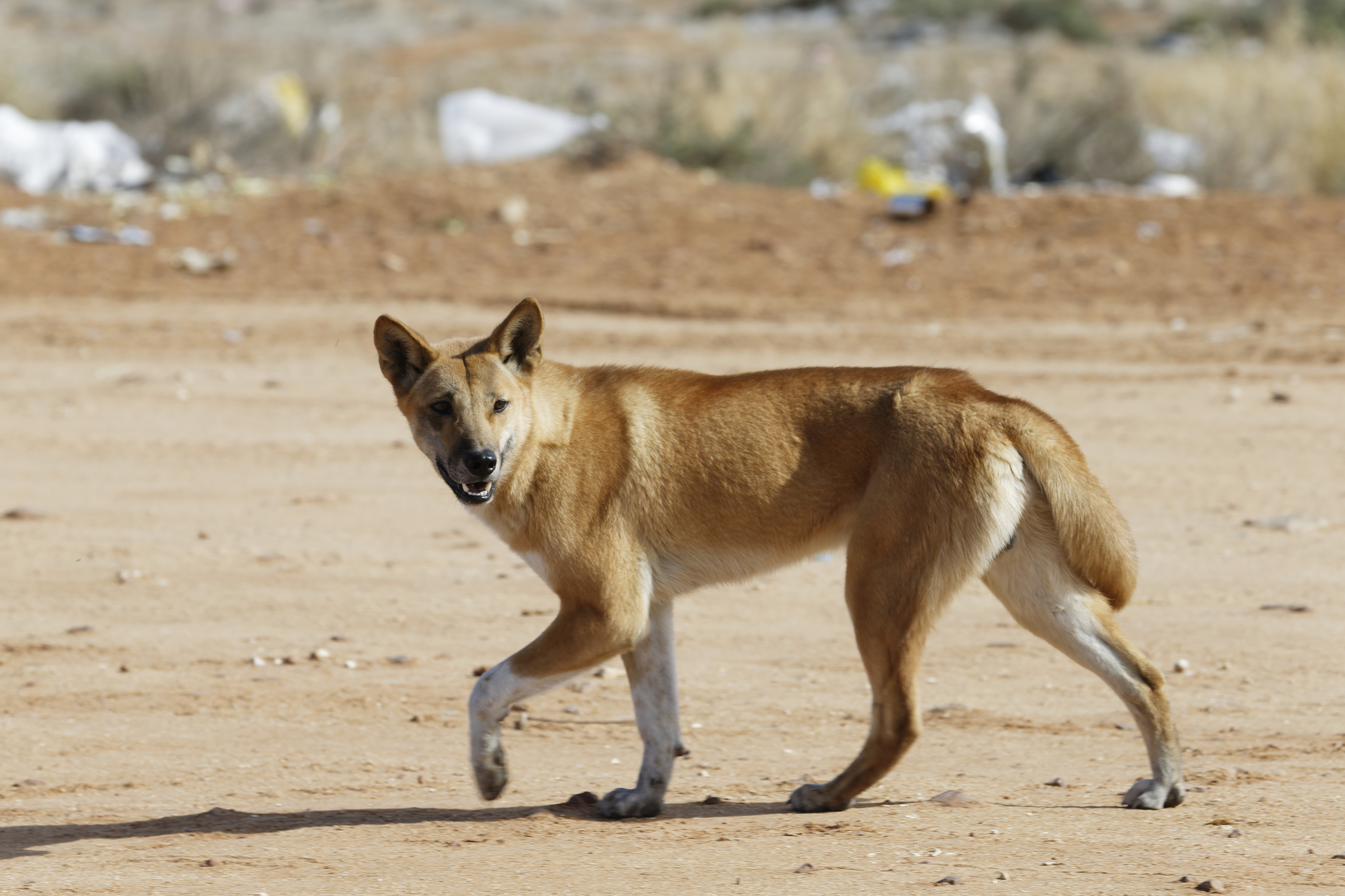Five hours south of Sydney, in the high country of south-east New South Wales, Glenbog State Forest sits quietly on the edge of the escarpment. At first glance, it looks like many other native forests. But Glenbog is not just any forest. It is one of the few remaining high-elevation “cloud forests” in southern NSW. These are places where geography...
With covid restrictions (periodically) easing and international travel resuming you might find yourself presented with the opportunity to take a holiday either here at home or in an exotic overseas location. It’s a thrilling prospect given the challenges of the last couple of years, but in all the excitement it’s important to remember that your holiday itinerary shouldn’t include supporting the exploitation of animals.
Wildlife tourism and entertainment is fraught with abuse and cruelty, which is why we have put together this list of five ways to make sure you are enjoying your holiday in an animal-friendly way!
Avoiding exploitation begins at home
In our very own backyards animals are being trafficked and abused purely for entertainment. While a greyhound race, horse race, rodeo or circus might seem like a unique way to spend a day with friends or family, the reality is that these industries thrive on the exploitation of our animal friends. Avoiding events like this is a huge first step toward animal-friendly leisure.
If an animal is doing something it wouldn’t do in the wild, it shouldn’t be doing it at all
Let’s face it, a tiger wouldn’t let you get anywhere near it to take a selfie in the real world. If an attraction involves seeing an animal do things it wouldn’t do naturally like perform tricks, offer rides, or pose for photos, then the story of how the animal came to possess those skills is probably not a happy one.
Wild is best
If you have the opportunity to see animals in their own habitats, free and wild, absolutely take it. Whale and dolphin watching, ocean diving, and wilderness safaris are a great way to catch a glimpse of your favourite animals in a responsible way. Just don’t get too close and be sure to treat their habitats with respect.
Don’t touch
Wild or captive, animals are animals. If you get too close, they can become frightened and hurt you. You may also inadvertently hurt them or spread disease through animal populations. It’s best to keep your hands to yourself and stay a healthy distance away from any animals you encounter on your journey. Oh, and don’t feed them either.
Research, research, research!
Even if you’re setting out to visit a sanctuary or wildlife rehabilitation centre, it is worthwhile doing thorough research. Check reviews from other visitors closely and look out for any red flags that make you suspect things may not be as they seem. There are some incredible wildlife sanctuaries across the globe doing incredible work to rescue and rehabilitate animals, and it’s worth the effort to make sure they are the ones getting your support. Check out HSI’s Wildlife Land Trust Sanctuaries You Can Stay for some incredible eco-tourism destinations here at home!


